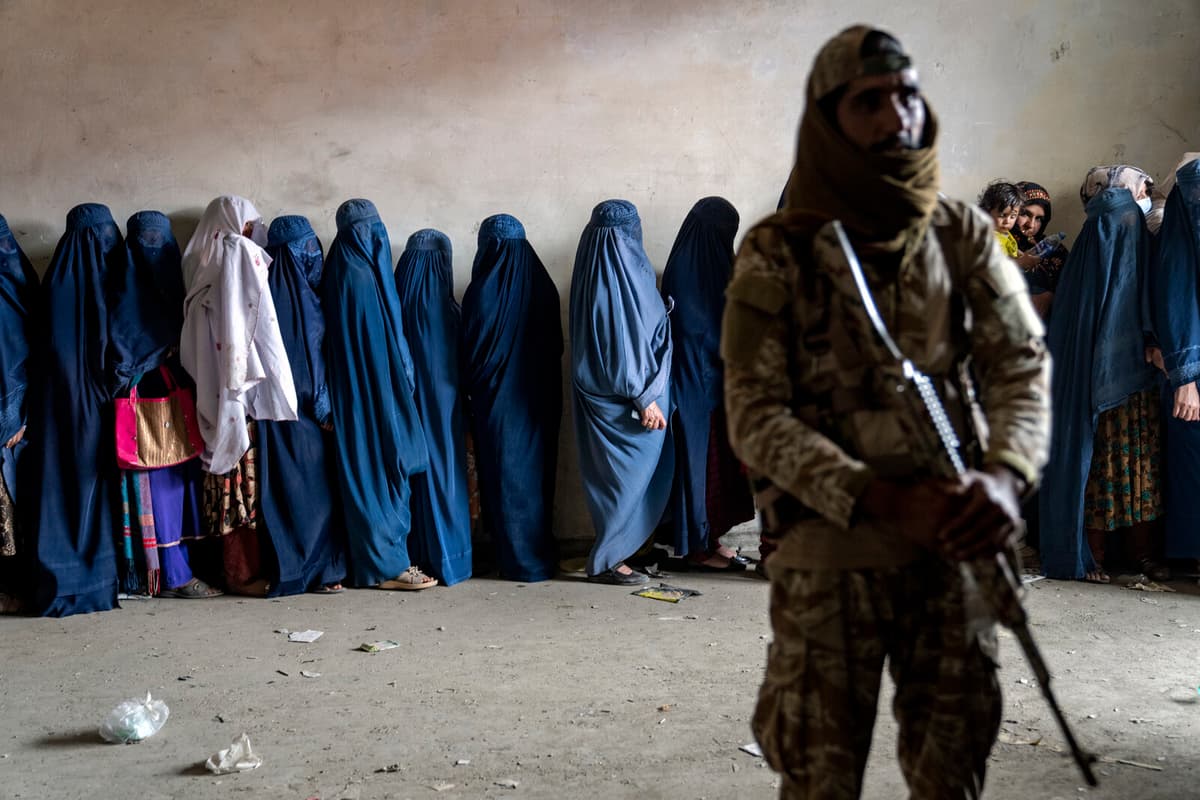The presumed order concerns the Taliban's highest leader Hibatullah Akhundzada and chief judge Abdul Hakim Haqqani, writes Khan.
According to Khan's office, there is reasonable ground to believe that the men are responsible for crimes against humanity in the form of gender-based persecution.
Akhundzada and Haqqani are also guilty of crimes against dissenters, according to the prosecutor's statement:
"Perceived opponents or opposition to the Taliban were, and are, brutally suppressed through murder, imprisonment, torture, rape, and other forms of sexual violence, kidnapping, and other inhumane acts."
"Complete impunity"
Since the Taliban regained power in Afghanistan in 2021, women have almost been completely erased from public life. Among other things, girls and women are not allowed to attend school after the age of eleven, show their faces or raise their voices in public, or pray in front of others.
Human Rights Watch (HRW) hopes that the ICC prosecutor's action will shed new light on the Taliban's treatment of women.
"Three years after the Taliban regained power, their systematic violations of women's and girls' rights have accelerated with complete impunity", says HRW's Liz Evenson according to AFP.
May take time
It may take a long time for the ICC to take a stance on Khan's application. In the case of Israel's Prime Minister Benjamin Netanyahu and former Defense Minister Yoav Gallant, it took half a year from Khan's request until an arrest warrant was issued in November last year.
If an order is issued against Akhundzada and Haqqani, it means that the over 120 countries that have signed the ICC's founding document, the Rome Statute, are obligated to arrest the Taliban leaders if they set foot in any of the countries.






